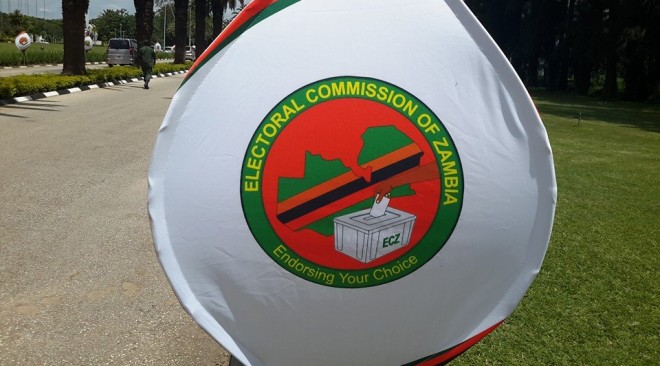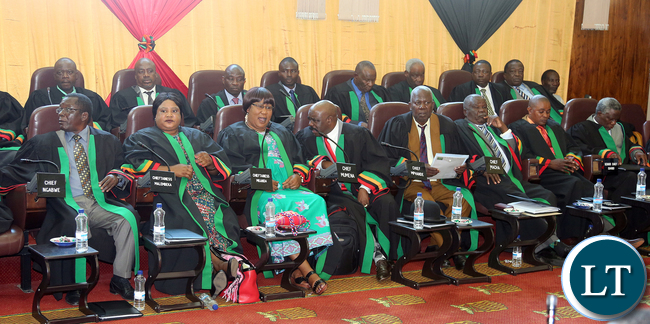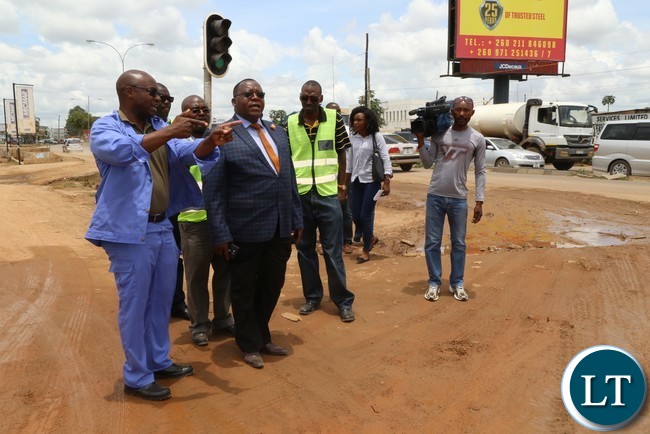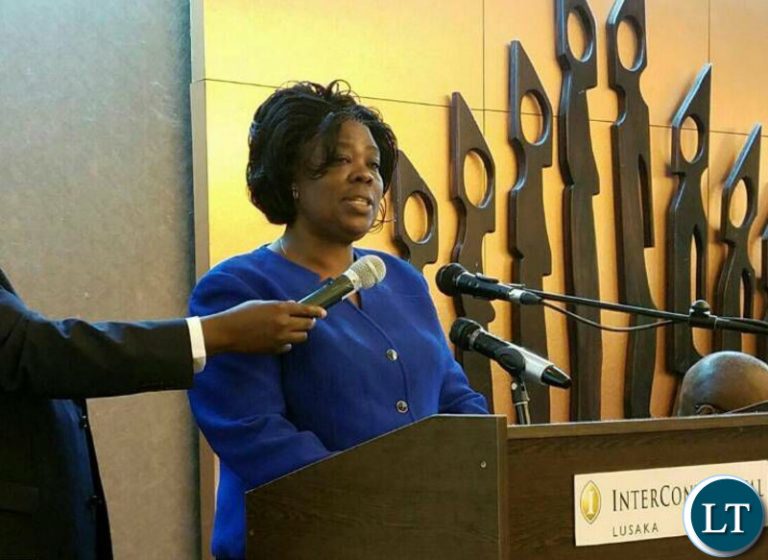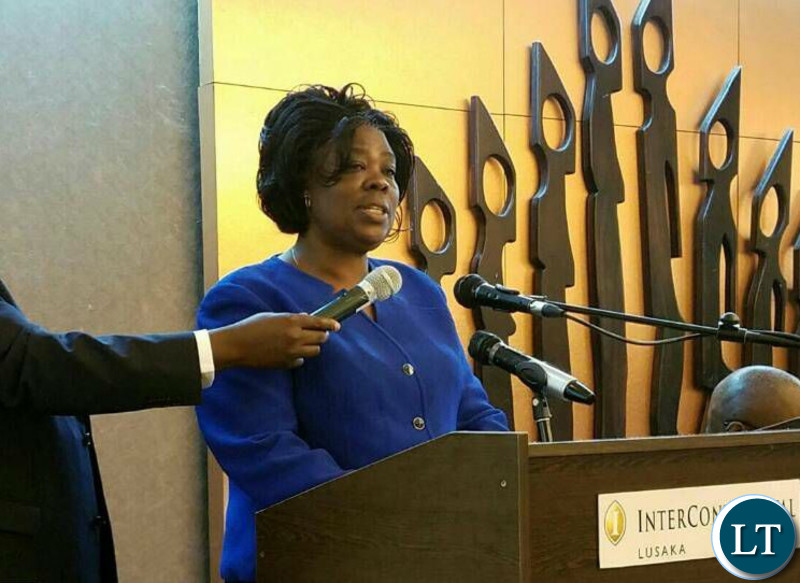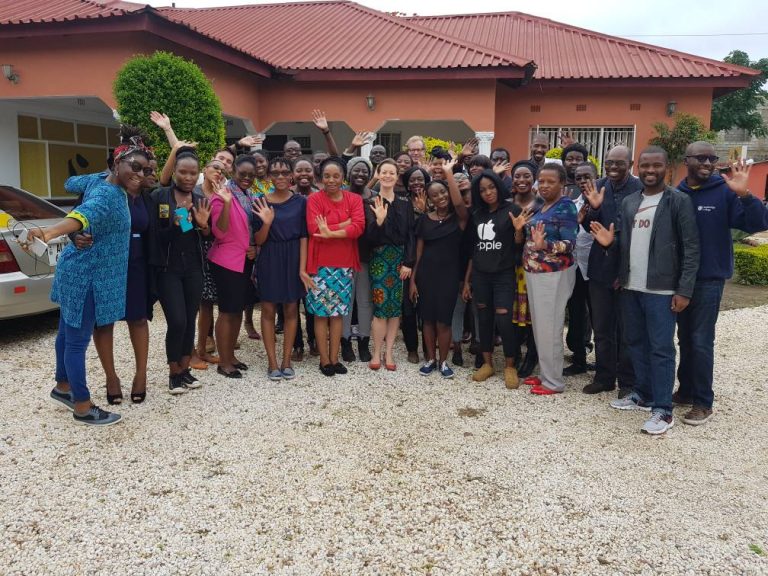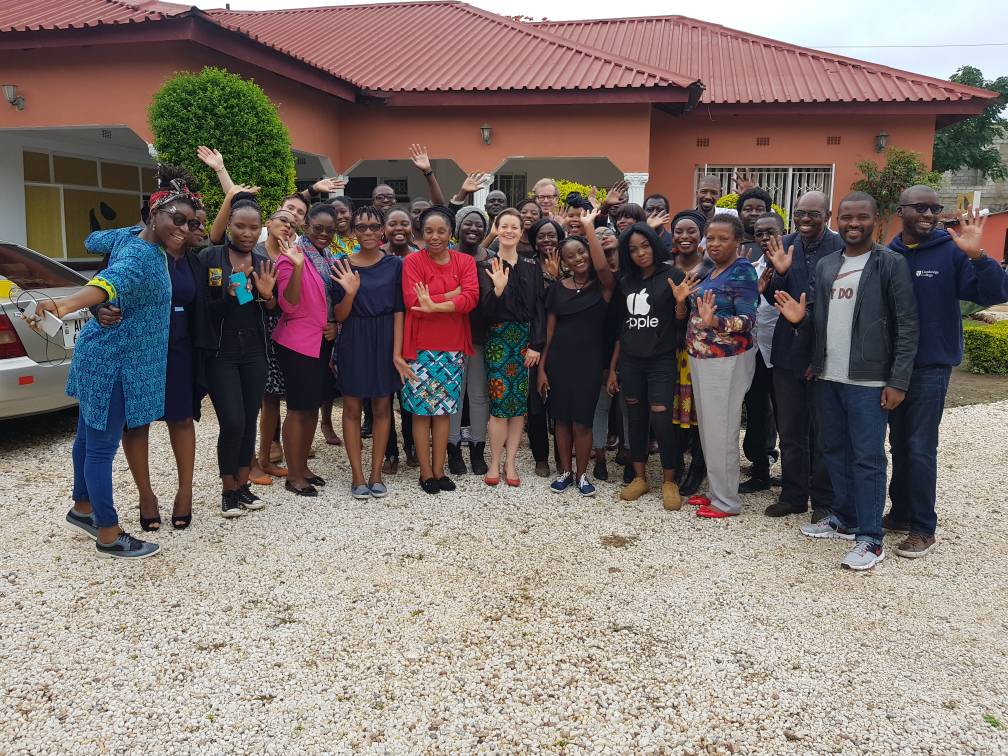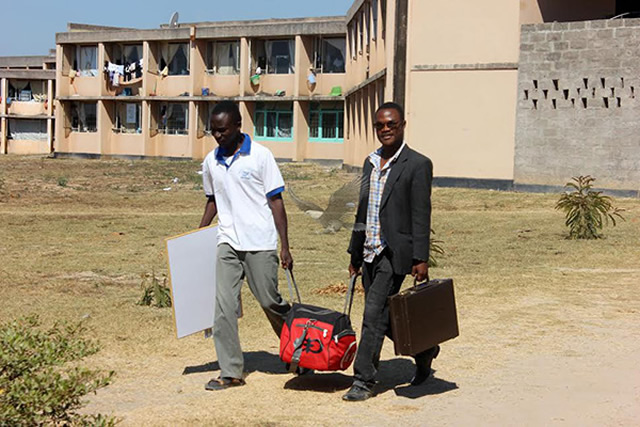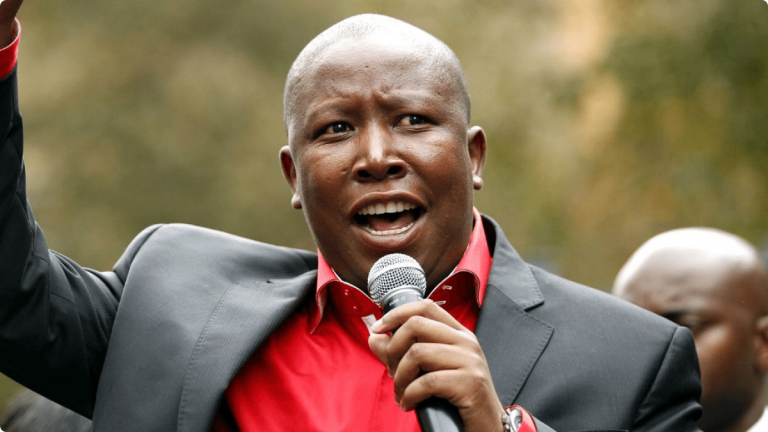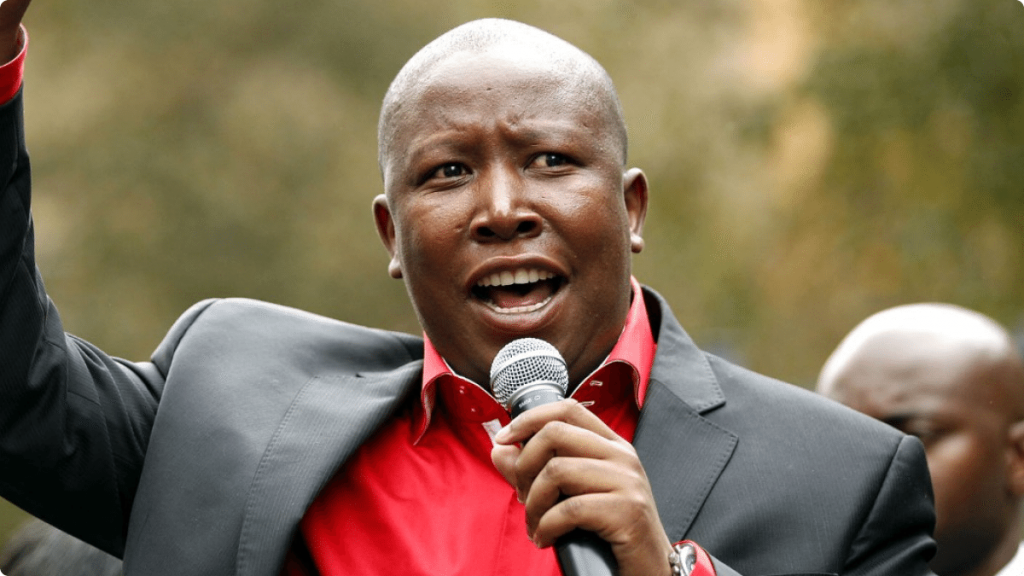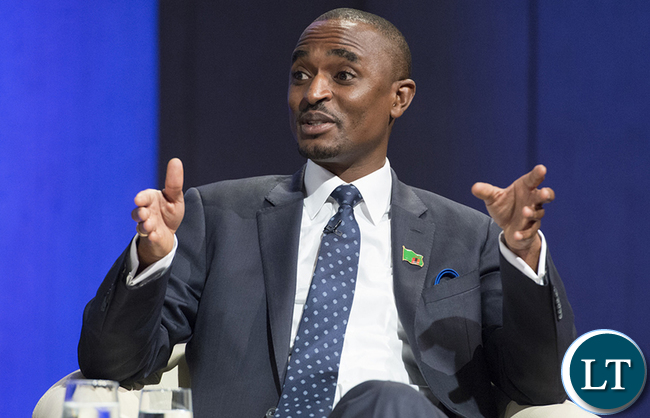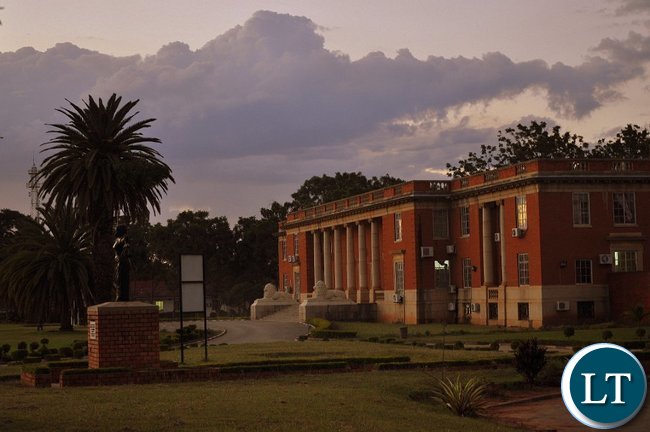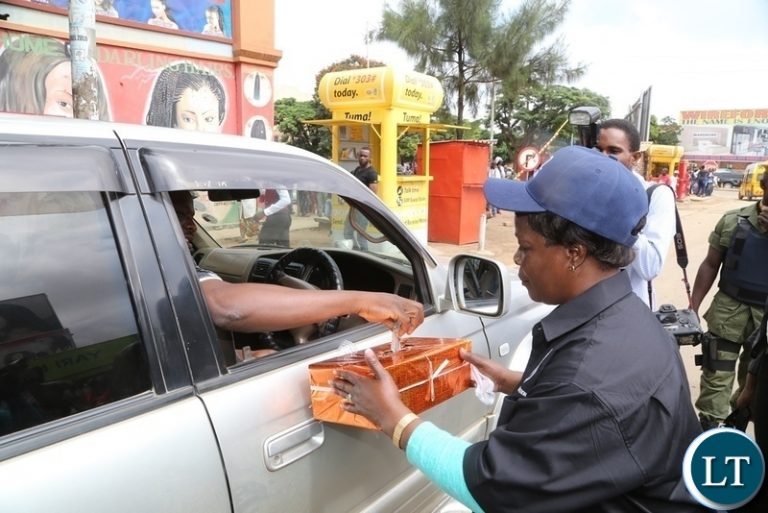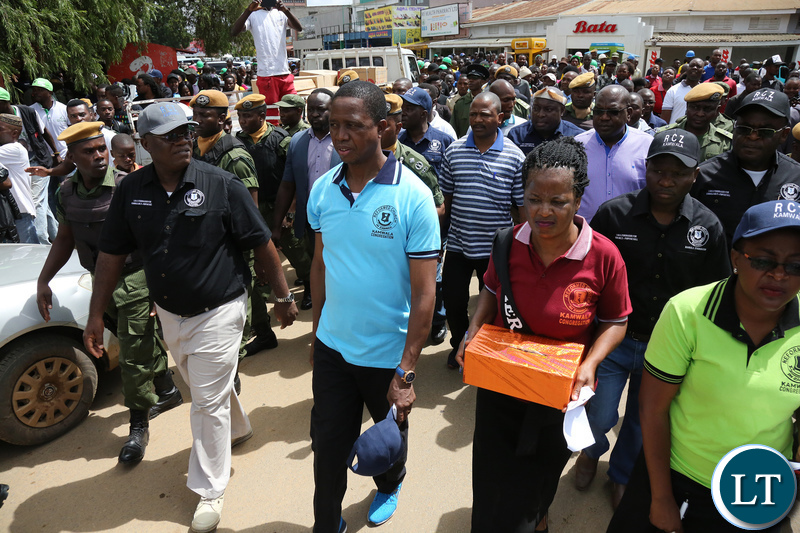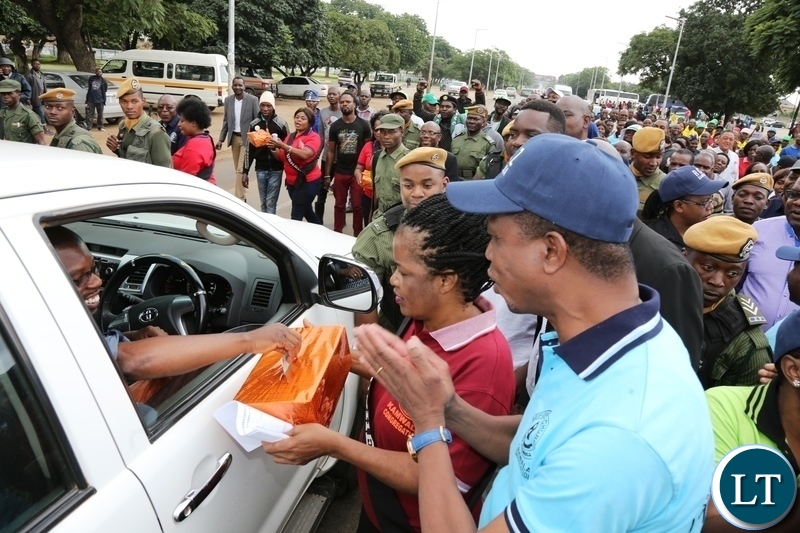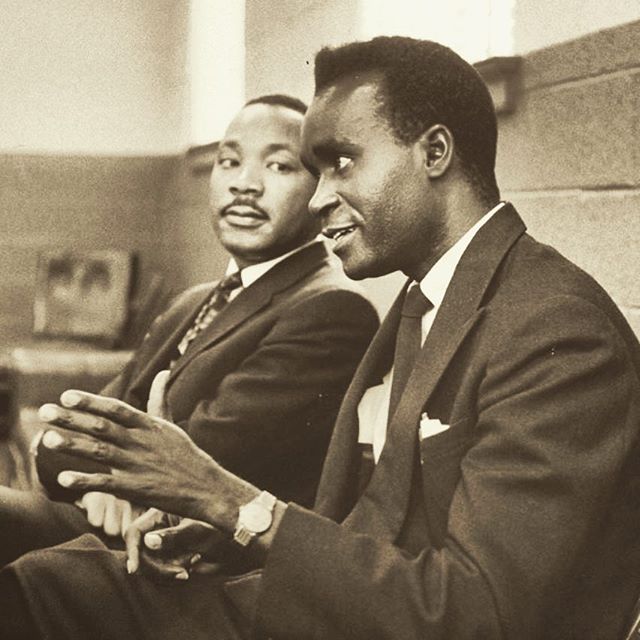
By David N Kapoma
At age forty (40) years, Dr. Kenneth Kaunda became president of Zambia after wrestling power from the British. He and other young people at the time worked so hard in ensuring that Zambia attain independence, but that was only political independence. One would wish that they also fought for economic independence, but life as we know it they did their part and left the rest to those who would come after them.
What was unique about Dr. Kaunda and his team was the determination and the sacrifices they all made. They left their jobs and joined forces in fighting for this country. They did this at very young age most of them. Dr. Vernon Johnson Mwaanga was only 21 years old when he became Zambia’s first diplomat, as deputy high commissioner in London. He was ambassador to Moscow in 1965, before returning to Zambia for two years, handling negotiations with Rhodesia as the president’s permanent secretary. From 1966 to January 1972 Mwaanga was ambassador to the United Nations. He achieved all this in his early and late twenties. A huge responsibility was placed on him which he managed so well considering his age.
No doubt politics at that time were about service to the nation and not to the pocket. Simon Mwansa Kapwepwe in his early forties served as Zambia’s vice president and the man died without owning mansions in the world’s most expensive cities. At age seventeen (17) my own father was appointed publicity secretary for UNIP the position he served from 1963 to 1973.
Political parties at the time were managed like churches, members did not join political parties for financial gain. In fact members of various political parties made donations for the running of political parties. This is the reason why politicians then never moved so easily from one political party to another. They felt a strong sense of belonging to their respective parties because of the investment they put in. Those who were in politics then did it because they wanted to see certain changes take place. They had such serious level of integrity. My father together with few other young people left UNIP in 1973 because they did not agree with the introduction of the one party state.
“Increasing challenges from opposition parties to Kaunda’s dominance over the country during the first Republic eventually forced Kaunda to institutionalise a one party state as a way to prevent ethnic rivalries and promote national unity. It was argued that the elimination of political pluralism will lead to unity and foster socio economic development. In 1968, a referendum was organised and four years after, a Constitutional Review Commission (CRC), headed by Vice President Mainza Chona was established in a move that opened the window for the institutionalization of one party rule. In a highly remote-controlled process by the Kaunda administration, a new constitution which abolished multipartism and declared UNIP the only party recognised by law, was passed in 1973. This development reinforced presidential rule in Zambia as the president became the key player on the political scene.” Because of this development, most young people left UNIP in protest including my father who later went to join the mines on the copperbelt under ZCCM.
Back to our current time; it seems as though something serious is missing in our politics today. Most young men and women have joined politics for only one thing; personal gain! If anything the shortest route to ill-gotten wealth in modern African society is through politics. We have decided to burry our principles at the expense of national development and unity.
Many of my fellow comrades in politics today have no form of income apart from receiving handouts from the parties they support and are ready to die for. This is why most people in political parties can’t speak against the leadership of their parties. With an exception of Hon. Harry Kalaba who resigned from government on moral grounds citing swelling corruption within the PF government, most of our leaders are not able to speak the truth.
Politics today are about loyalty to the leader and not to the people. Most young people in our politics are supper compromised. We have buried our heads in the sand and can no longer see the future the way it must be seen. Those who went before us used to join politics as teenagers and became influential in their mid-twenties. But for us we join when life become harder in other spheres and we fail to make it. Somehow politics is more a game for lazy young men who have failed to create genuine wealth.
Today we have a bunch of young people in politics who change political parties like clothes. They say this today and tomorrow their bite their own tongue and say the other. We have lost the sense of responsibility. It seems as though we have not understood our obligation as a young generation. Even those who are part of government today regrettably seem not to know what to do. With the exception of very few, our young people in both the opposition and the ruling PF are a let-down.
As I conclude, I wish to call up on my fellow young people to take a deep look and reflect on the kind of leadership we are providing. Are we stimulating those who are still in school today hoping to join politics as they join society? Is throwing stones and supporting the wrongs being committed by those we support the only thing we can do? Is this how we want our generation to be reminisced? Are we sure our children will be proud of us as they grow up? Are we in a position to leave a Zambia that the next generation will be proud of.
We definitely must stop this politics of the belly and begin practicing politics of service to the people. We have to be selfless in our dealings and call a spade a spade and nothing ours. We must get out of the comfort zone and be ready to die a little for this nation. Never ever should we allow senior politicians especially those in power to perpetuate poverty in our lives just so they can continues controlling us by giving us small handouts.
Next week we shall deal with why current politicians keep our citizens in perpetual poverty and how we can come out of this.
God Bless Zambia


